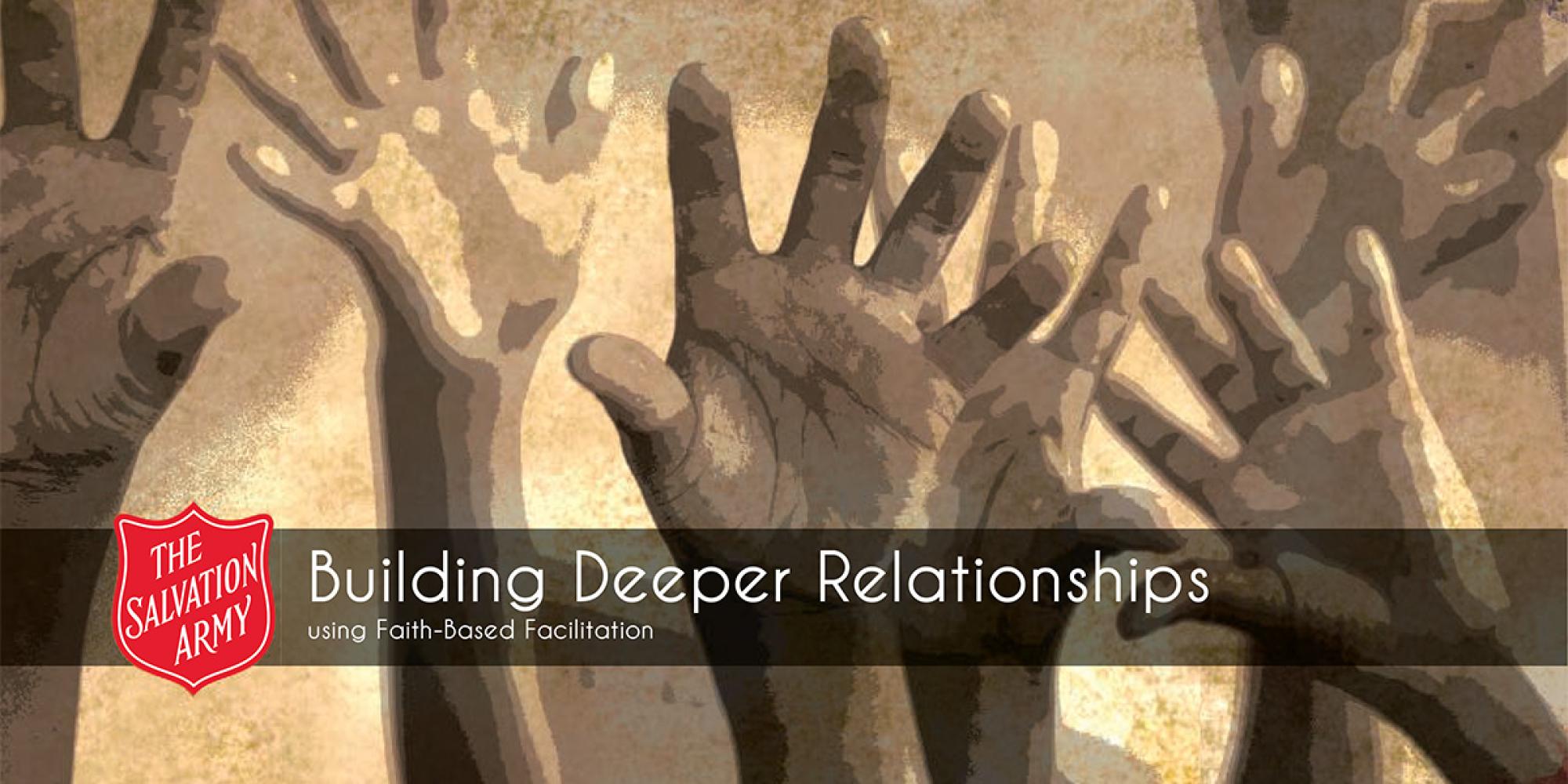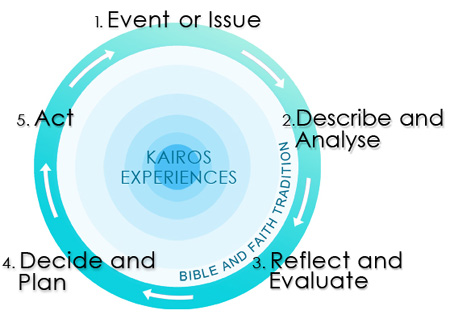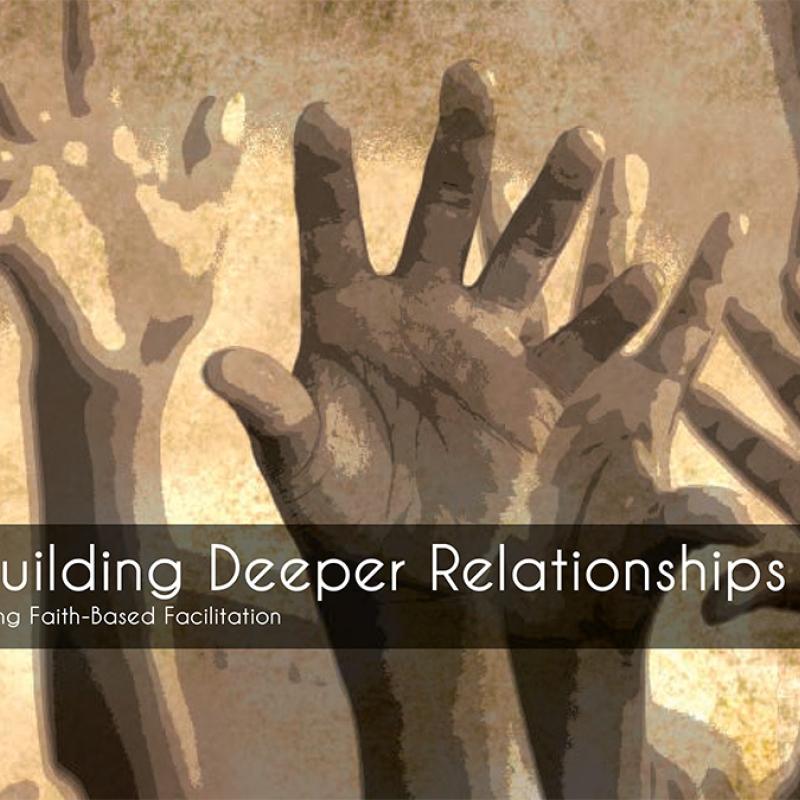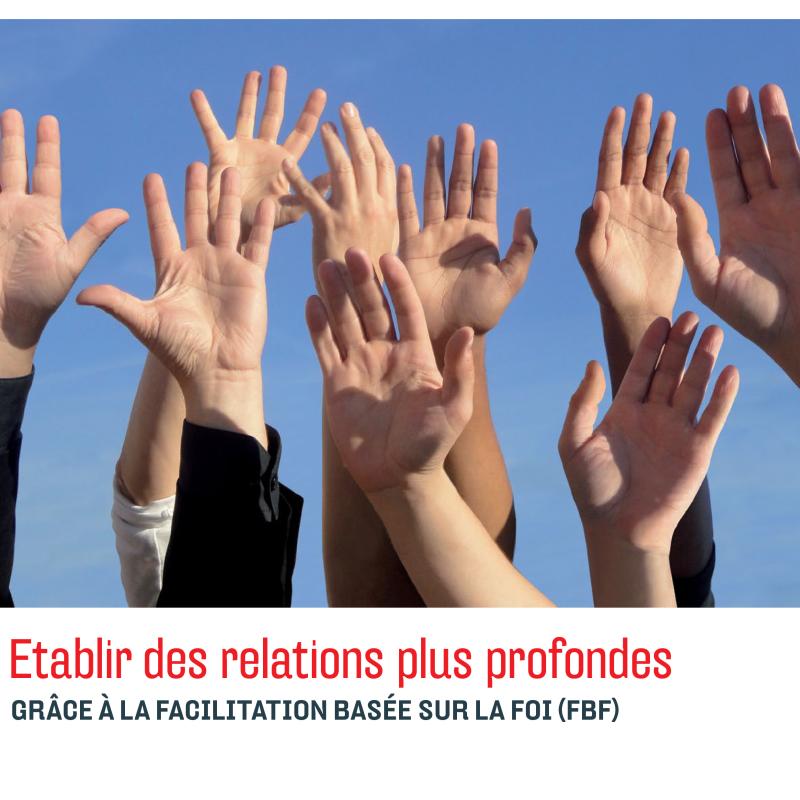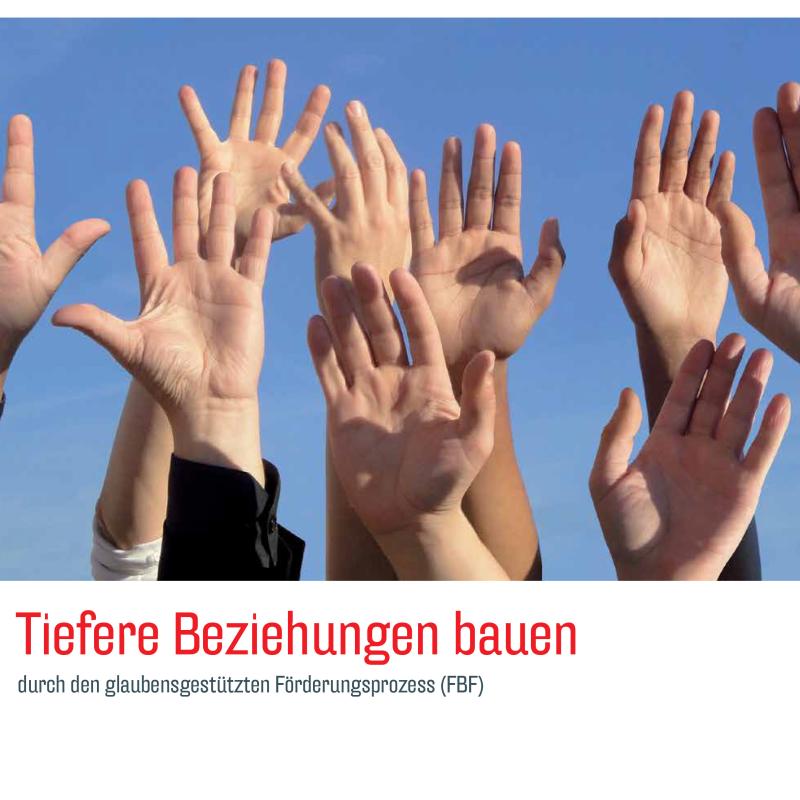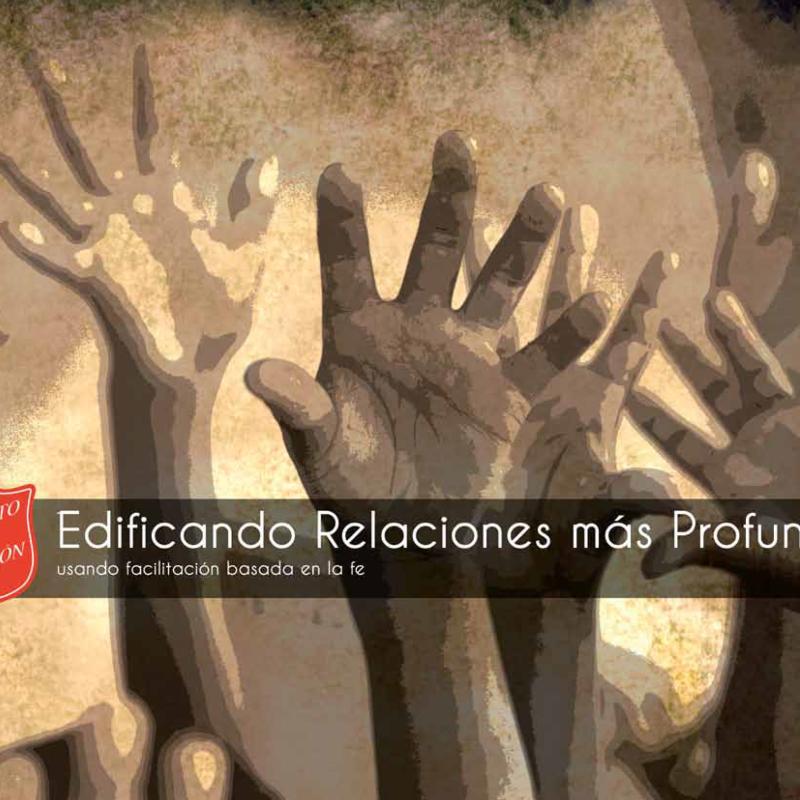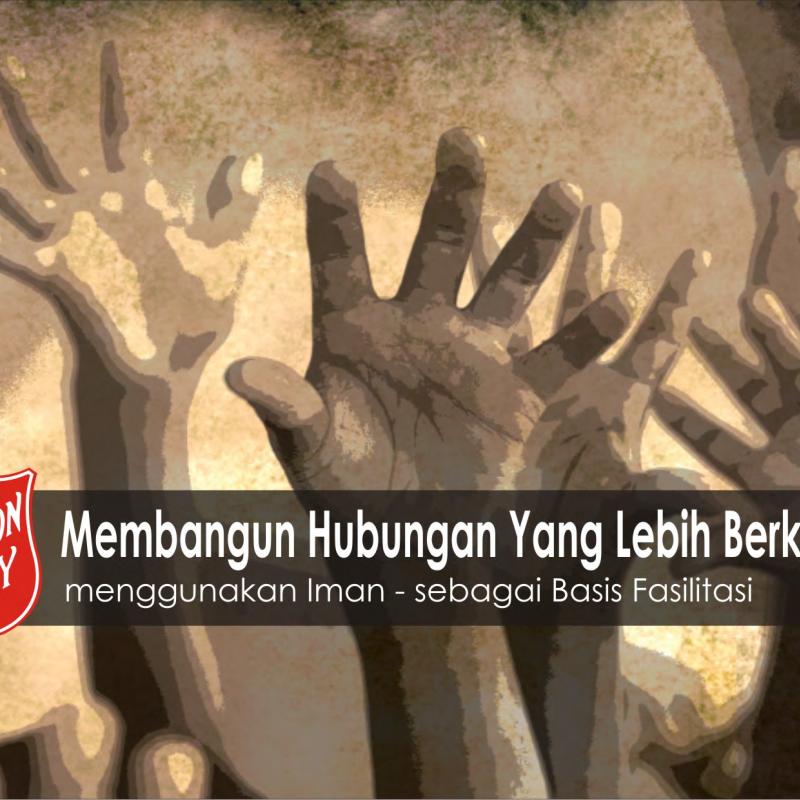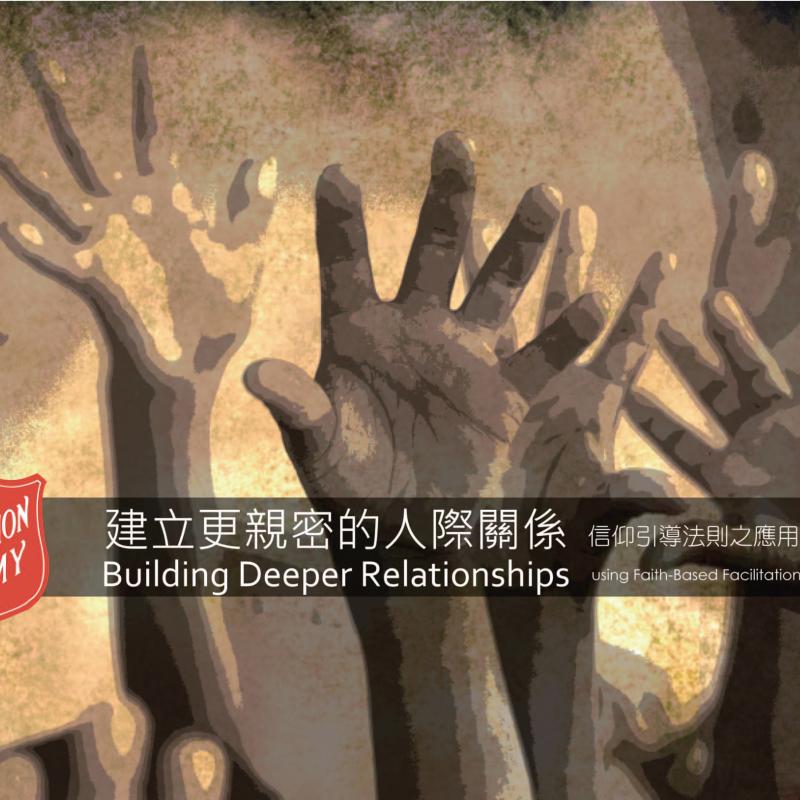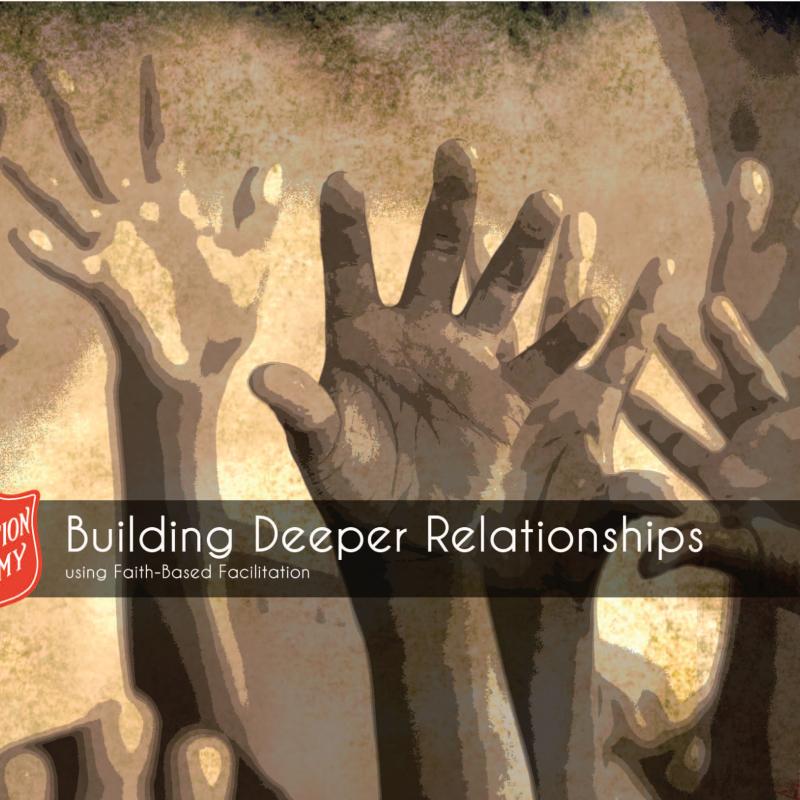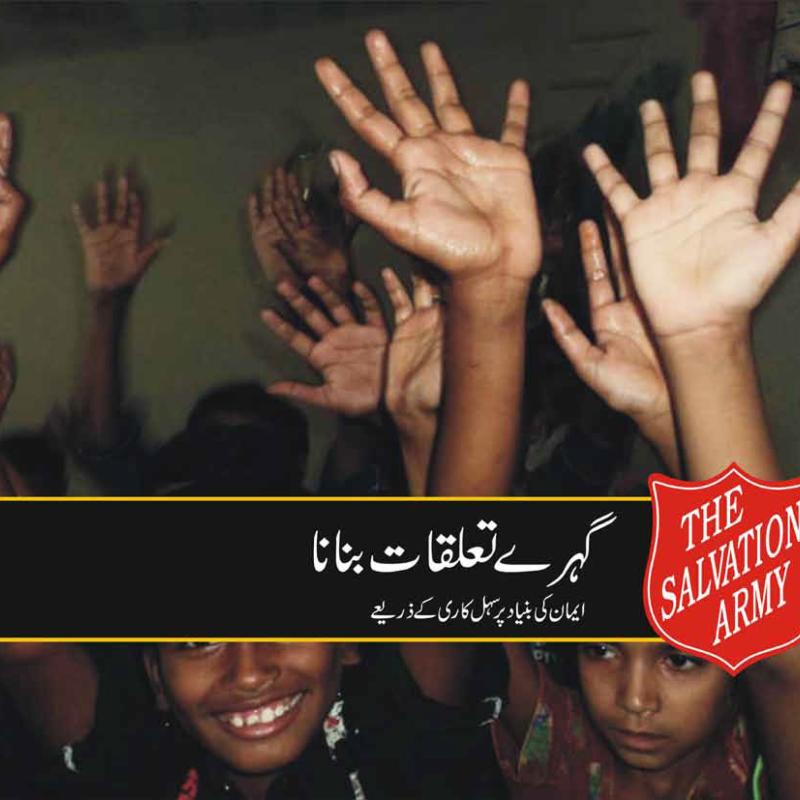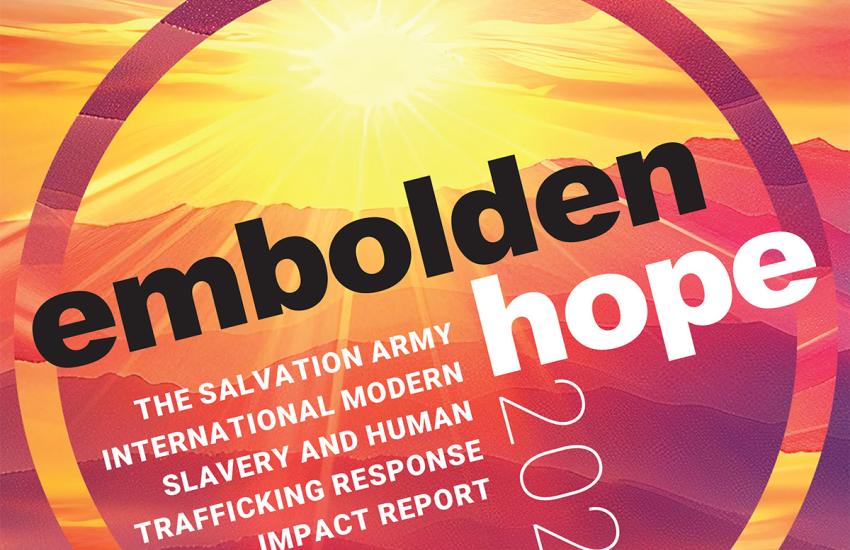Exploring Questions are particularly useful at Step 2 (Analyse) and Step 3 (Reflect) when using the FBF process.
Exploring an issue with someone, or with a group, naturally follows on from good listening. When everyone who wants to speak has had a chance to do so, the facilitator needs to ask very careful questions to help people think about what they have said. These questions need to be specifically related to the issues, but might begin like these examples:
I couldn't quite follow the connection between what you said about ... and ... . Could you explain this a bit further?
I didn't completely understand what you were saying about ... . Could you say a bit more about it?
When you told me about ... I found myself wondering why...
There may be all sorts of feelings and history making it difficult to understand what is happening – even for the people involved – so a wise facilitator will always go slowly and gently when doing so.
It is always helpful to make your exploring or 'digging deeper' questions gentle and tentative so you don't sound as though you are arguing. Here are some examples of helpful questions:
- How did that work out?
- What did people feel when that happened?
The following are examples of unhelpful questions because they close down discussion or push people towards an answer people expect to hear:
- Do your children get sick often?
- You have a lot of problems in your community, don't you?
It is also important to include questions that explore the role of faith. For example:
- How have people coped with these challenges?
- How are the churches involved in this issue?
It is especially important at this step for the facilitator to make sure that the voices of the quieter, younger or less confident people, or people new to the team or group, are heard (see Matthew 11:25). They may have special perspectives to offer at all steps in the FBF process, and particularly when decisions are made.
